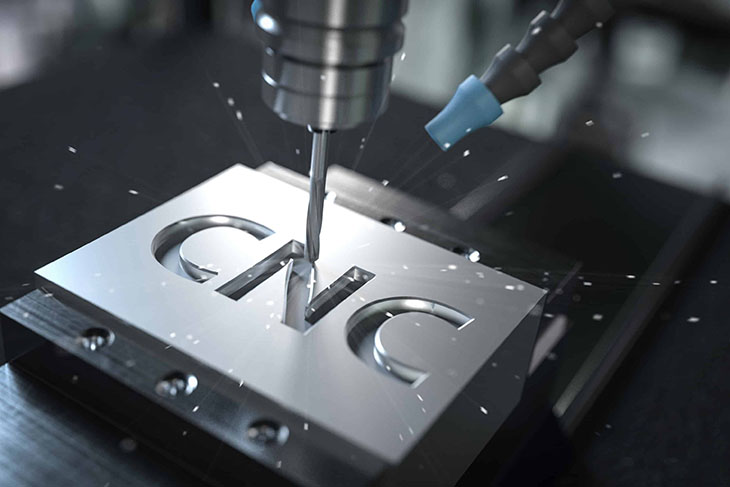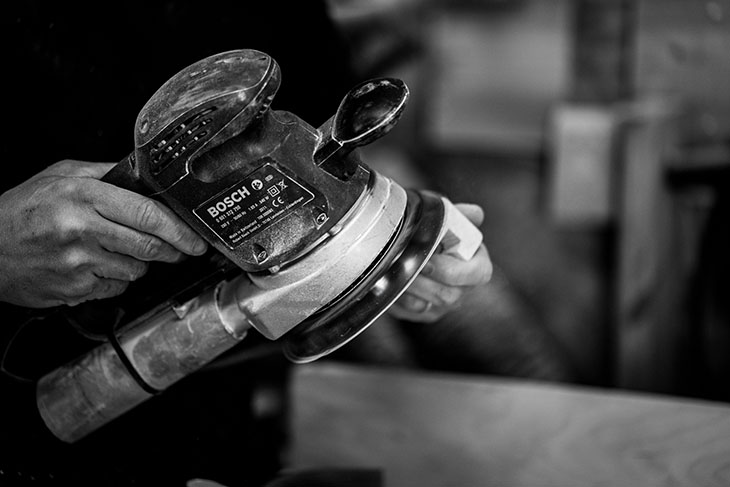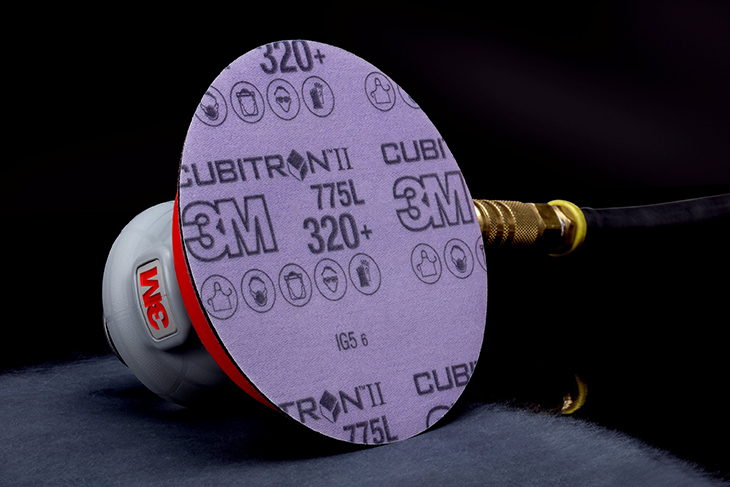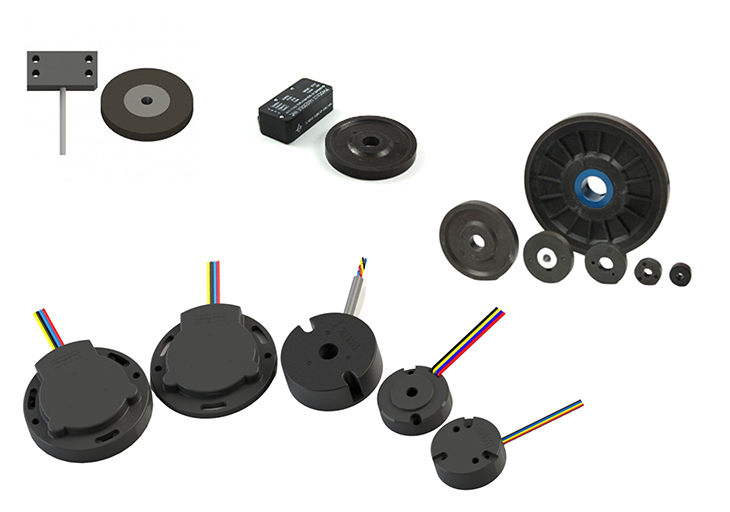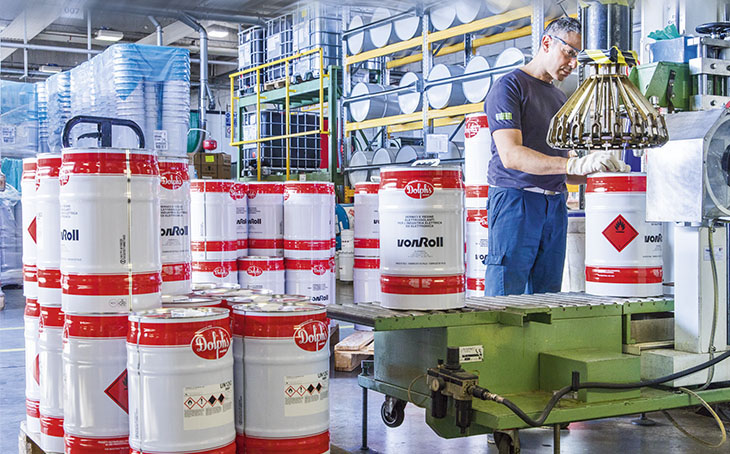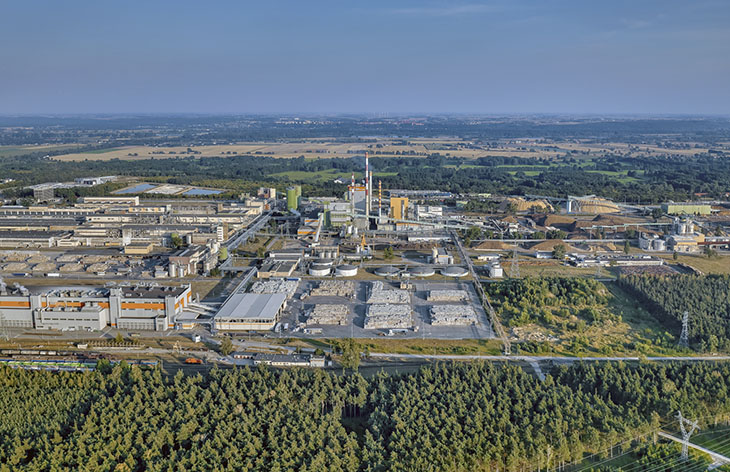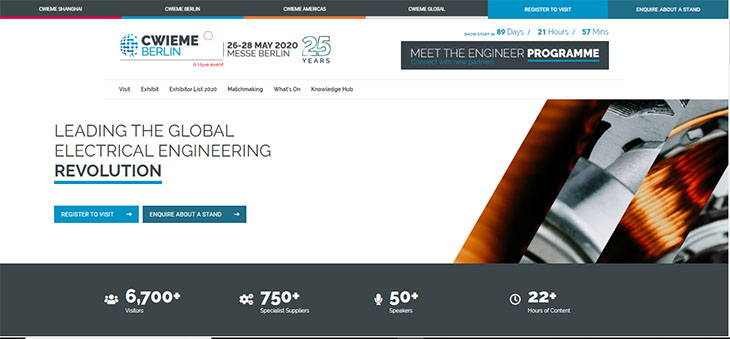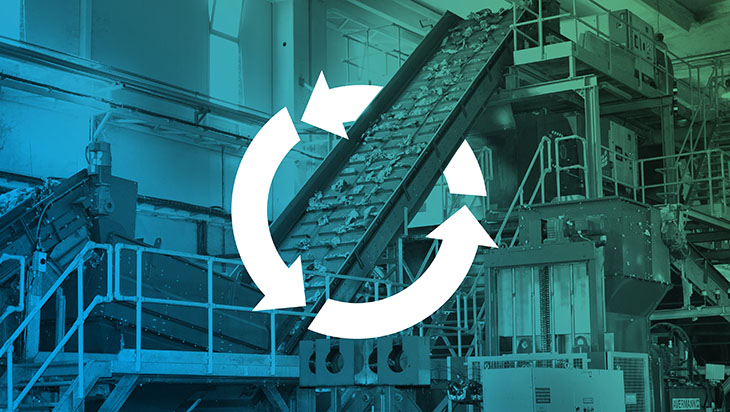Bio: Emily Newton is a science and tech writer who enjoys covering the latest industry news and trends. As Editor-in-Chief of Revolutionized, she also covers tech innovations in a variety of industries.Subscribe to her newsletter for Emily's newest articles.
Running a business, of any size, is already hectic enough without having to facilitate the manufacturing of select parts, components, and goods. That’s why many outsource their manufacturing to a trusted provider, but not everything can be. Some things should be done locally or in-house, whenever possible. That brings us to the question, should you outsource CNC machining requirements?
Machining in-house is possible, but the equipment is expensive and the processes tend to be complex. You also need a lot at your disposal, from machining centers and lathes, to drill tap machines, production saws, finishers, and beyond. On paper, it makes more sense to outsource to a machinist, specifically one with all the necessary tools and gear. But what are the actual benefits of doing so?
Outsourcing Saves Money, Time, and Stress
Running a business is stressful. Outsourcing reduces that stress, saves money, and saves time by putting the onus of manufacturing on another more capable provider. What’s more, it’s a common misconception that when you outsource CNC machining tasks, it costs a lot of money, more than if you were to handle it all yourself. That’s just not true, and here’s why. CNC machines are extremely expensive, not just to purchase or lease but also to maintain. That doesn’t include the cost and responsibility of the manual labor, which is needed to keep systems running optimally.
Outsourcing to an experienced professional with the right equipment, the right resources, and specialized support is one of the best ways to get CNC machining done right.
You Benefit from Broad Yet Accurate Capabilities
Unless you’re managing a massive CNC machining operation, handling the work in-house means you’re not always going to have the right scope for various projects. In other words, the capabilities of the equipment and tools you do have will be limited, and at some point, that’s going to cause problems. CNC machining services, on the other hand, are fully equipped to handle specialized specs and orders. They don’t need to wait for new gear to expand capabilities either when you need something specific, almost always, they already have tools available. On top of that, CNC machining crews are much more experienced and are usually composed of industry-leading professionals. Imagine being able to tap into top talent without onboarding new employees within your own business.
Moreover, when new equipment is launched, software updates are released, or machines malfunction, you’re not on the hook for any of it, and the CNC machining provider is generally on the ball. They manage all of these elements, and you reap the benefits. China, for instance, has an entire market dedicated to CNC machining. Because of that, many Chinese providers have enhanced capabilities and functionality at the ready to produce incredibly complex and precise parts, often well beyond the capabilities that local providers can offer.
Materials Handling Is Not a Concern
In manufacturing, you don’t just have to think about the equipment and development process, but also the materials used to produce the said goods. That includes sourcing them, housing them, and applying them appropriately during the development phase. It even extends to other applications, such as finishing or resurfacing.
For example, electroless nickel-plating is used in CNC machining to provide a smooth finish and create a durable, corrosion-resistant surface — especially for metals. An alternative is electrolytic nickel plating, which involves a chemical bath and an electric current. There are pros and cons of each technique, as well as individual equipment and material considerations. So, a CNC machining provider would have the tools and equipment to do both, whereas an in-house team would prioritize one over the other.
In addition, the necessary materials must be stored and used appropriately, as well as those employed during plating, anodizing, powder coating, sealing, painting, and passivation techniques.
The point is that there’s a lot that goes into the entire CNC machining process, and the considerations can be overwhelming even for a specialized team, let alone a business that has its priorities elsewhere.
Enhanced Quality Controls
CNC machined parts, items, and components must be precise. Imperfections are not tolerated, and could actually damage other equipment in the long run if those items are used in the field. When you’re mass-producing or bulk developing items, quality control is a tough thing to nail down. But because providers are already focused intensely on quality control processes, they have all the resources and skills to get projects done right. That won’t be the case if you handle it all in-house, especially if you’ve never managed those kinds of operations before.
Taking that a step further, CNC machining providers offer coverage for mishaps, which you won’t get with your own business. If and when the quality control slips, the providers are on the hook to replace and cover damage caused. Obviously, you’ll need to do your due diligence to find a trustworthy provider, but most of them are going to make quality control a top priority because they don’t want sub-par pieces going out. It will both harm their reputation and create serious financial repercussions.
Faster Time to Market
While not always true, as a general rule, faster delivery times mean faster time to market, and better results overall. Because CNC machining providers have the equipment, resources, and focus to get items produced quickly, and to scale, it means they’re returned to you faster than if they were handled by a smaller team with limited resources.
You and your customers reap the benefits of that relationship, with significant advantages included — like a much steadier flow of income for your business and better quality products for your clientele.
Should You Outsource CNC Machining Tasks?
In the end, it’s really up to you and your team whether or not you should outsource CNC machining tasks and responsibilities. But unless you already have all the equipment, resources, and materials at the ready, it’s better to offset the work to a capable provider.
You’ll save a considerable amount of time, money, and stress. You’ll also benefit from broad capabilities, with more accurate production, and higher quality overall. Most items are returned or delivered faster, which means a faster time to market for you and your customers.
Finally, you don’t have to worry about maintaining all of the equipment, tools, materials, and so on. Inventory management is already a concern for your business, with involved techniques and strategies required for optimization. Why make things more complex when you don’t have to? With a CNC machining provider, you just provide the part spec and let them handle the rest.









